
Are "Kira Kira Names" already out of style? In recent baby naming trends in Japan, a variety of unique and expressive names have become popular. These include "retro names"(レトロネーム), "hadome names"(葉止めネーム), "kacho fugetsu names"(花鳥風月ネーム), and "sky names"(スカイネーム). Names that reflect the season in which the baby is born are also gaining popularity. In this article, we introduce the latest “XX-names” trends that have emerged in recent years. Perfect for anyone considering a Japanese name!
Related Posts
Japanese Naming Culture and Trendy Names: What Are the So-Called "Kira Kira Names"?
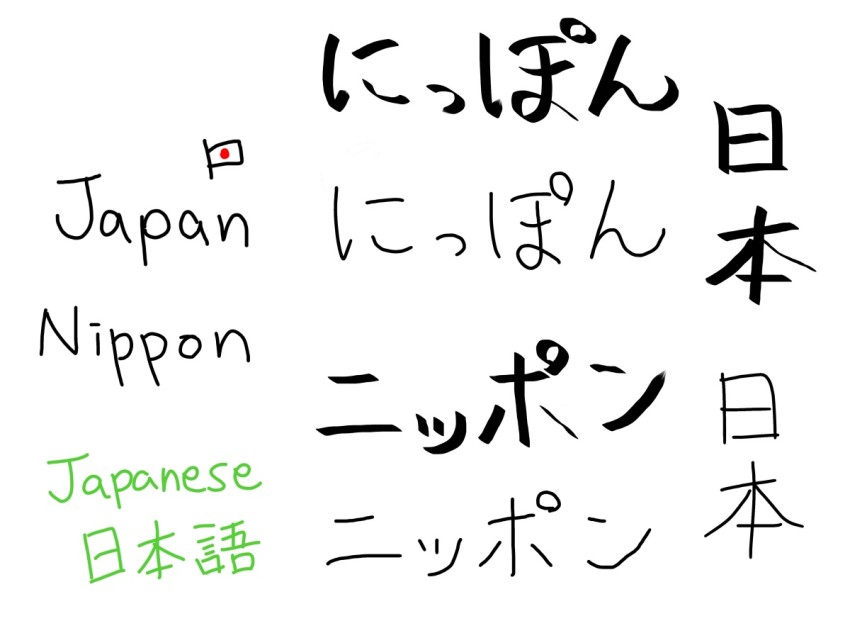
In Japanese naming culture, the sound of the name, its meaning, and the wishes of the parents are valued, and names are often given with deep thought, a sense of the seasons, and heartfelt hopes. While it is common to use kanji characters to write names, some names are written in hiragana, which gives a softer and more approachable impression.
In addition, Japanese names have both a "reading" and a "writing," and even with the same reading, the impression can vary depending on the kanji used. For example, even for a single name like "Haruka," the atmosphere and the wishes behind the name can differ depending on the kanji, such as "遥," "陽香," or "春花." For this reason, it can be said that Japanese naming culture is rich in diversity and expressive possibilities.
What Exactly Is a "Kira Kira Name"? Are They Banned by Law in Japan!?
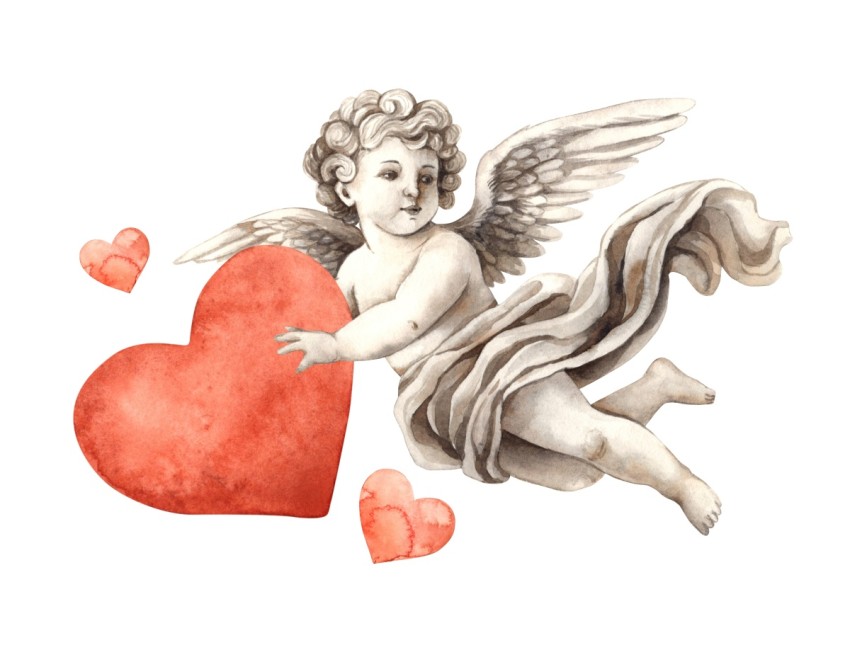
Since the 2000s, so-called "Kira Kira Names" have drawn public attention. These are highly unique names in which the kanji characters and their readings do not match in the conventional way, such as "心愛(ここあ, kokoa)," "天使(えんじぇる, enjieru)," and "姫星(きてぃ, kitei)." These names became widely discussed on the internet and in the media. On the other hand, concerns were raised about their readability and the potential impact on daily life. Some pointed out that such names could cause difficulties in employment or school life, and they eventually came to be viewed as a social issue. In addition, under the revised Family Register Act that took effect in May 2025, names with unconventional readings, such as Kira Kira Names, will no longer be accepted if the reasoning behind the name is not considered reasonable.
Today, the trend is shifting away from Kira Kira Names toward names that are easier to read and carry clear meanings, such as retro names or those inspired by nature and the seasons. In the following section, we will introduce some of these current naming trends.
What Are Retro Names?
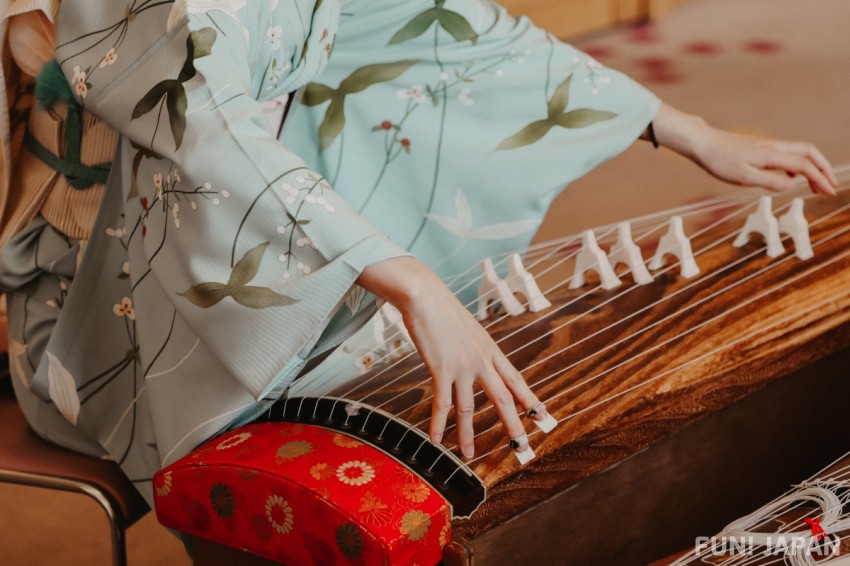
For girls’ names, retro names with a traditional Japanese sound have been gaining popularity. Many of these names evoke nature, the seasons, and Japan’s classical sense of beauty. Common examples include names using kanji such as "琴" (koto), a string instrument once favored by aristocrats and associated with elegance; "桜" (sakura) and "葉" (ha), which reflect seasonal imagery; and "紬" (tsumugi), which refers to a high-quality silk fabric. These types of names express timeless beauty that continues to resonate with many modern parents.
Examples (Kanji and common readings):
- Girls: 結月(ゆづき, yuzuki)、凪紗(なぎさ, nagisa)、彩葉(いろは, iroha)、柚葉(ゆずは, yuzuha)、琴葉(ことは, kotoha)、紬(つむぎ, tsumugi)、楓(かえで, kaede)、澪(みお, mio)、翠(すい/みどり, sui/midori)、葵(あおい, aoi)、詩(うた, uta)、菫(すみれ, sumire)、桜(さくら, sakura)、茉白(ましろ, mashiro)、六花(りっか, rikka)、莉子(りこ, riko),etc
What Are Kacho Fugetsu Names?
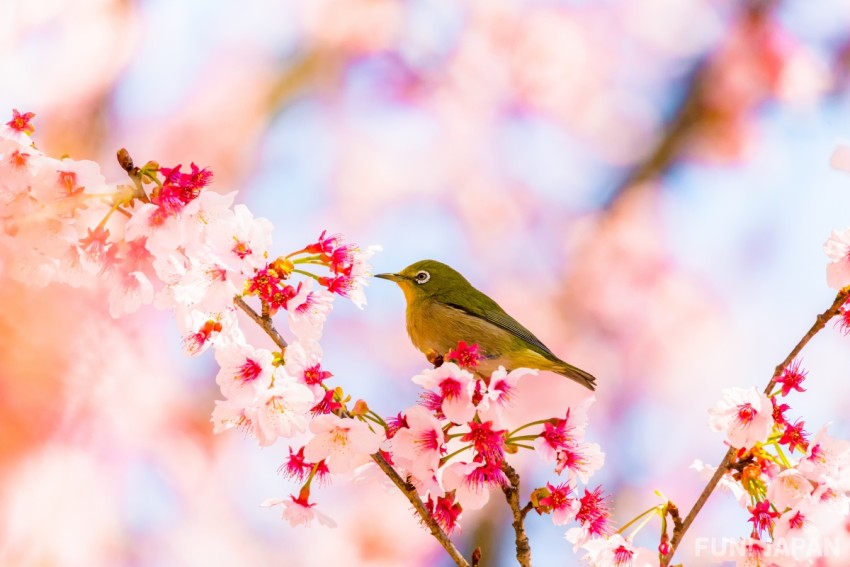
"Kacho Fugetsu Names" refer to names that evoke the beauty and atmosphere of nature, such as flowers, birds, wind, and the moon. In recent years, these names have become increasingly popular. This naming style reflects a deep respect for nature, a desire for harmony with the natural world, and the wish of parents to express the grandeur and beauty of nature through their child’s name.
Names that reflect Japan’s long-standing appreciation of nature and the changing seasons, such as "楓"(kaede) and "柚月"(yuzuki), are especially gaining attention.
Examples (Kanji and common readings):
- Girls: 碧/葵(あおい, aoi)、雛(ひな, hina)、風花(ふうか, fuka)、柚月(ゆづき, yuzuki),etc
- Boys: 颯(そう, so)、碧人(あおと, aoto)、蓮(れん, ren)、楓真(ふうま, fuma)、千隼(ちはや, chihaya),etc
What Are Genderless Names?

In recent years, as values that go beyond traditional gender boundaries have become more accepted, "genderless names" that can be used for both boys and girls have gained attention. These names often have a soft, neutral sound and are typically two syllables, making them easy to pronounce and remember. Their main appeal lies in their familiarity and friendly tone. In today's world, where gender-neutral lifestyles are increasingly respected, genderless names reflect a modern naming style that embraces diverse values.
Examples (Kanji and common readings):
- Girls and boys: names with readings such as 「はる」(haru)、「なつき」(natsuki)、「ゆづき」(yuzuki)、「みつき」(mitsuki)、「そら」(sora)、「ひなた」(hinata)、「なぎ」(nagi), etc.
What Is a XX-Ending Name? : "と"(to) Ending Names, “葉”(ha) Ending Names
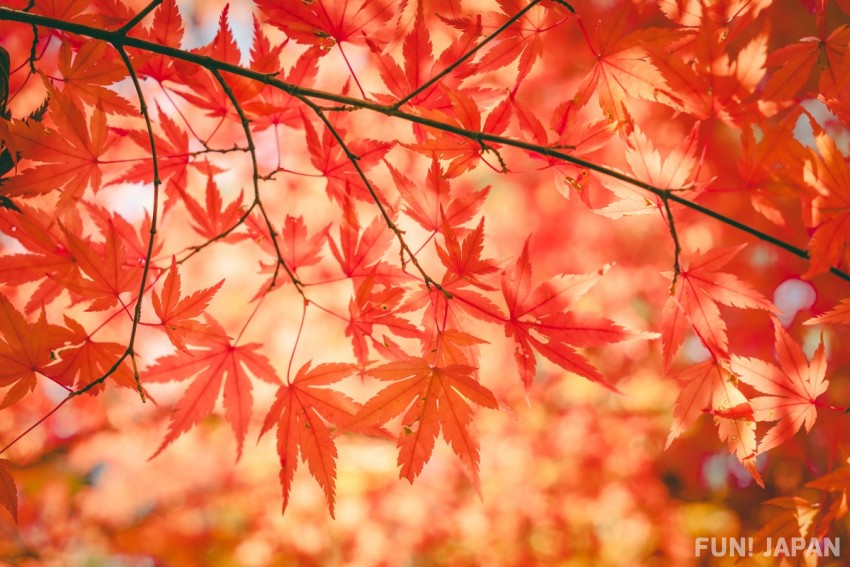
Among boys’ names, those ending in the syllable "と"(to) have become a trend in recent years. These names give a strong, reliable, and masculine impression, which is why they are especially popular. Kanji such as "翔" and "斗" are commonly used for "to ending names." Names ending in "to" remain consistently popular for boys regardless of the season. Other popular endings include "ki," "ta," and "ha."
For girls, names ending in "ha" written with the kanji "葉" are gaining popularity. The imagery of nature conveyed by this character gives a gentle and graceful impression. These names are also loved for their nostalgic and timeless feel.
Examples (Kanji and common readings):
- Girls (葉 ending names): 彩葉(いろは, iroha)、琴葉(ことは, kotoha)、柚葉(ゆずは, yuzuha)、音葉(おとは, otoha)、絃葉(いとは, itoha)、詩葉(うたは, utaha),etc
- Boys (と ending names): 陽翔(はると, haruto)、湊/湊斗(みなと, minato)、碧斗(あおと, aoto)、結翔(ゆいと, yuito)、大翔(ひろと, hiroto)、海翔(かいと, kaito)、暁斗(あきと, akito)、悠人(ゆうと, yuto)、絢斗(あやと, ayato),etc
What Are Sky Names?
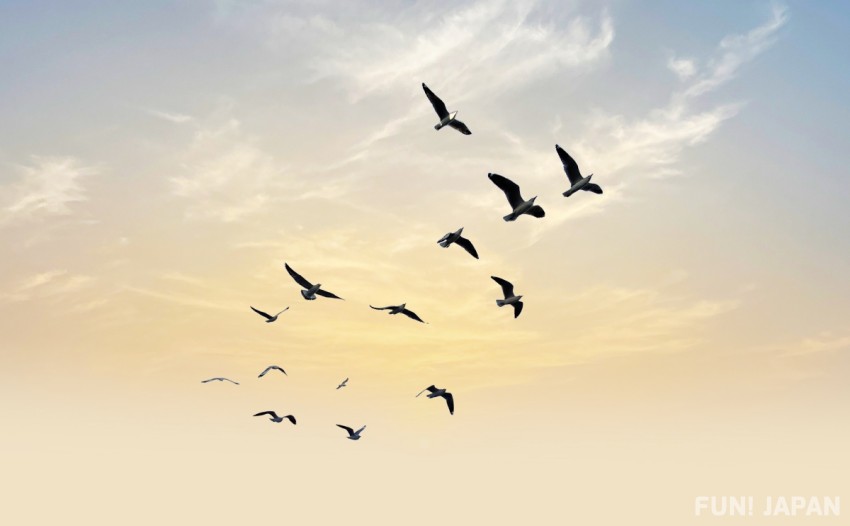
Sky names evoke the imagery of the sky or flight. These names often include kanji such as "空" or "翔", bringing to mind vast blue skies and the freedom of flight. They are particularly popular for boys and carry wishes for a future full of potential and brightness.
Examples (Kanji and common readings):
- Boys: 結翔(ゆいと, yuito)、陽翔(はると, haruto)、蒼空(そら, sora)、朔空(さく, saku)、大空(そら, sora),etc
Spring(春) Inspired Japanese Names: Sakura Names and More
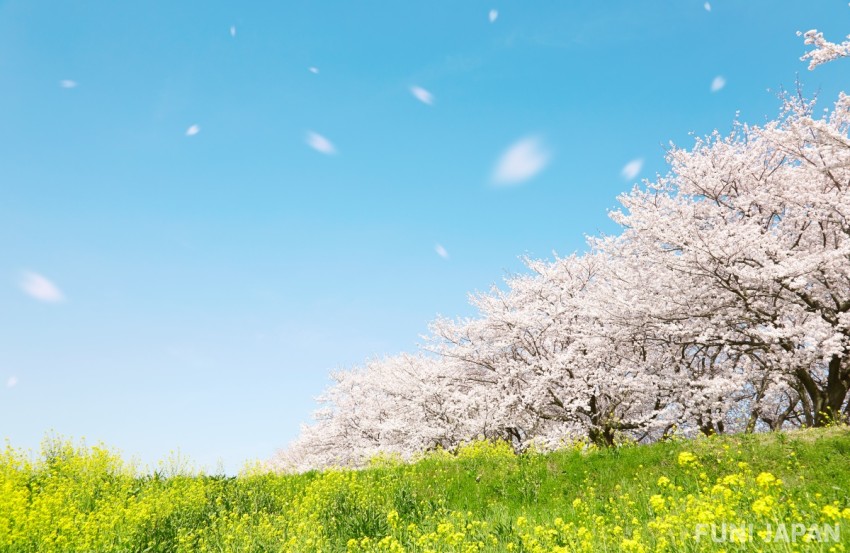
Names that evoke the feeling of spring are becoming increasingly popular. First, “Haru Names,” which use the kanji 春 (haru, meaning "spring") or the sound "haru," and “Flower Names,” which evoke images of blossoms, are full of springtime charm. Among girls' names in particular, “Sakura Names,” which use the character 桜 (sakura, cherry blossom), and “Nanohana Names,” which use the character 菜 (na), referring to the yellow rapeseed flowers that bloom in spring, are especially popular as “Flower Names.”
Examples (Kanji and common readings):
- Girls:
- Haru names: 心春(こはる, koharu)、彩春(いろは, iroha)、美春(みはる, miharu)、陽葵(はるひ, haruhi),etc
- Sakura names: 美桜/未桜/実桜(みお, mio)、桜(さくら, sakura)、桜都(おと, oto)、凪桜(なぎさ, nagisa)、凛桜/莉桜(りお, rio)、唯桜(いお, io)、桜菜(さな, sana),etc
- Nanohana names: 結菜(ゆいな, yuina)、陽菜(ひな, hina)、紗菜(さな, sana)、陽菜乃(ひなの, hinano),etc
- Boys:
- Haru names: 陽翔/陽斗/遥斗/春斗(はると, haruto)、晴(はる, haru)、悠陽(はるひ, haruhi)、悠真(はるま, haruma)、春輝(はるき, haruki), etc
- Sakura names: 桜史(おうし, oshi)、蓮桜(れお, reo)、吏桜(りお, rio)、凪桜(なぎさ, nagisa),etc
Summer(夏) Inspired Japanese Names: Marine Names and More

When naming summer-born babies, the kanji for “summer” (夏) is a popular choice every year. Other names that evoke a summery feel are “Sun Names” that use the kanji for “sun” (陽), and “Marine Names” that incorporate kanji and readings related to the sea, such as 凪 (nagi), which expresses the calmness of the sea, wind, and waves.
Examples (Kanji and common readings):
- Girls:
- Summer names: 夏帆(かほ, kaho)、鈴夏(すずか, suzuka)、瑠夏(るか, ruka)、楓夏(ふうか, fuka)、夏蓮(かれん, karen)、夏音(かのん, kanon)、夏葵(なつき, natsuki)、一夏(いちか, ichika),etc
- Sun names: 陽葵(ひまり, himari)、陽菜(ひな, hina)、陽菜乃(ひなの, hinano)、心陽(こはる, koharu)、陽咲(ひなた, hinata)、陽凪/陽愛(ひな, hina),etc
- Marine names: 凪紗/凪咲(なぎさ, nagisa)、凪(なぎ, nagi)、美海(みう, miu)、海音(みおん, mion)、海羽(みう, miu),etc
- Boys:
- Summer names: 夏向(かなた, kanata)、夏生(なつき, natsuki)、琉夏(るか, ruka)、夏暉/夏輝/夏希(なつき, natsuki),etc
- Sun names: 陽翔(はると, haruto)、陽向(ひなた, hinata)、旭(あさひ, asahi),etc
- Marine names: 凪(なぎ, nagi)、湊/湊斗/湊翔/湊音(みなと, minato)、凪翔(なぎと, nagito)、海翔(かいと, kaito)、湊大(そうた, sota)、海/櫂(かい, kai),etc
Autumn(秋) Inspired Japanese Names: Maple Names and More
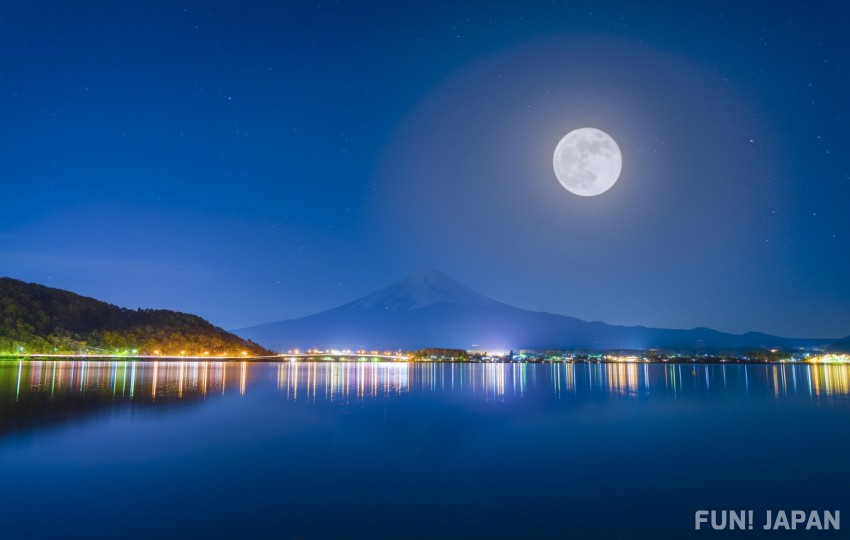
When it comes to naming babies born in autumn, “Maple Names” that use the kanji "楓" attract attention every year. The kanji "楓" has long been cherished by the Japanese for its association with the beauty of autumn foliage. In addition, names that include the reading aki (あき), which means “autumn,” also tend to be commonly seen during this season. Furthermore, since autumn is the perfect season for moon viewing with its clear air and calm weather, “Moon Names” that use the kanji "月" are also popular.
Examples (Kanji and common readings):
- Girls:
- Maple names: 楓(かえで, kaede)、楓佳/楓果/楓香(ふうか, fuka)、楓菜(ふうな, funa),etc
- Moon names: 結月/柚月(ゆづき, yuzuki)、美月(みつき, mitsuki)、葉月(はづき, hazuki)、雫月(しずく, shizuku),etc
- Boys:
- Aki names: 暁斗(あきと, akito)、翠(あき, aki)、旭/暁(あきら, akira)、千暁(ちあき, chiaki),etc
- Moon names: 悠月/結月/優月(ゆづき, yuzuki)、渚月/梛月(なつき, natsuki)、維月(いつき, itsuki),etc
Winter(冬) Inspired Japanese Names: Hiiiragi Names and More
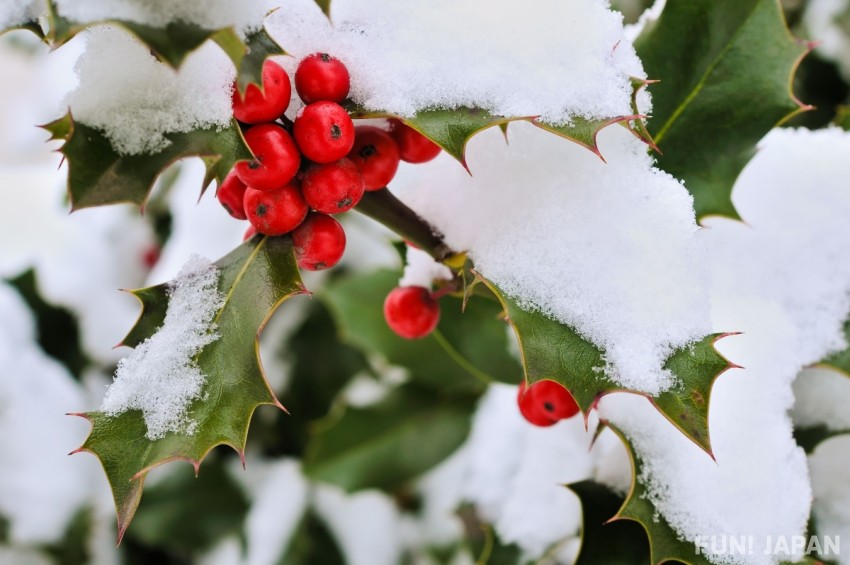
For babies born in winter, names using seasonal kanji such as "柊" (hiiragi), "柚" (yuzu), and "凛" (rin) are popular. The kanji "柊", which refers to a flower that blooms in winter and also contains the character for "winter" (冬), is favored because it evokes the feeling of the season. "柚" is often used in names due to the traditional Japanese custom of taking yuzu baths on the winter solstice. The kanji "凛", associated with crisp air and the dignified atmosphere of winter, is also popular because of the pure and refined impression it gives.
Examples (Kanji and common readings):
- Girls:
- 柚ネーム:柚葉(ゆずは, yuzuha)、柚希(ゆずき, yuzuki)、柚月(ゆづき, yuzuki),etc
- 凛ネーム:凛(りん, rin)、凛桜/凛音(りお, rio), etc
- Boys:
- ヒイラギネーム:柊/柊羽(しゅう, shu)、柊汰(しゅうた, shuta)、柊真(しゅうま, shuma)、柊斗/柊翔(しゅうと, shuto)、柊月(ひづき, hizuki),etc
Reference: Baby Calendar, PR TIMES (Baby Calendar)

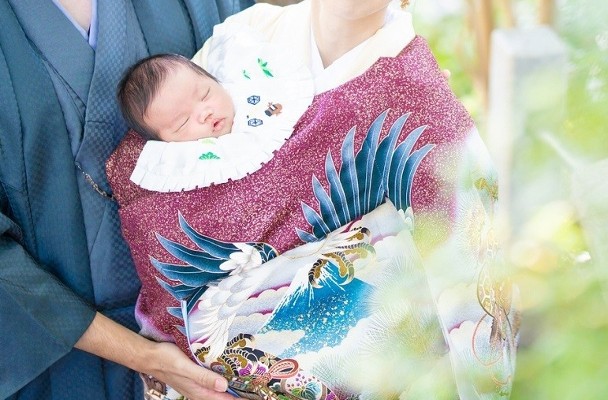
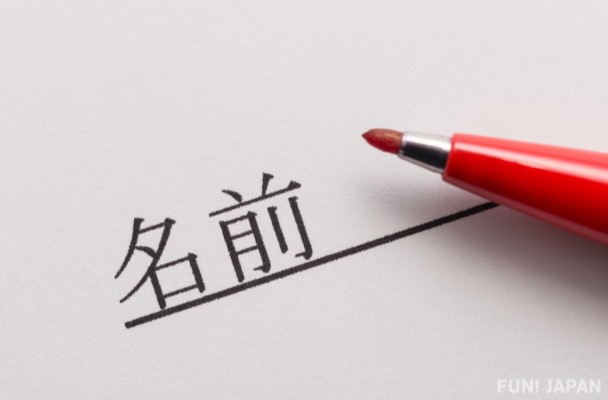
Comments